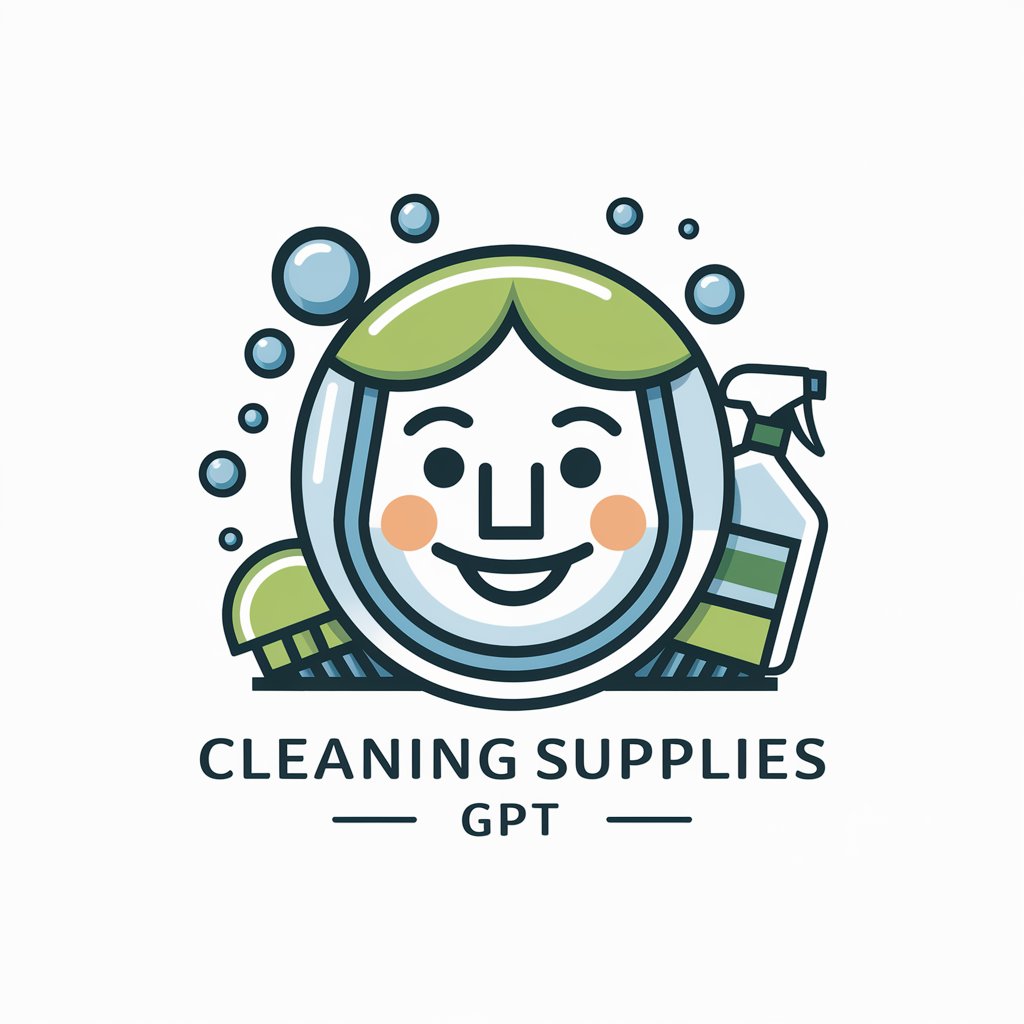
Shop Vacuums - Shop Vacuum Guide

Welcome! How can I assist you with your shop vacuum needs today?
Powerful Cleaning with AI Precision
What are the key features to consider when choosing a shop vacuum?
How can I maintain my shop vacuum for optimal performance?
Can you explain the differences between wet/dry vacuums and regular shop vacuums?
What are the best practices for using a shop vacuum in a workshop setting?
Get Embed Code
Introduction to Shop Vacuums
Shop vacuums, often referred to as shop vacs, are specialized vacuum cleaners designed for heavy-duty applications, unlike their domestic counterparts. Characterized by their robust construction and powerful suction capabilities, these vacuums excel in workshops, garages, and commercial settings where regular cleaning tasks involve a variety of debris, including sawdust, metal shavings, liquids, and larger objects that typical household vacuums cannot handle. Shop vacuums come in various sizes and capacities, equipped with durable hoses and attachments for versatile cleaning tasks. For instance, a woodworking shop might use a shop vacuum to manage sawdust and wood chips, effectively preventing accumulation on machines and work surfaces. In a different scenario, a shop vacuum might be deployed in a retail store to quickly clean up liquid spills and broken glass, showcasing its ability to handle both dry and wet cleanup tasks efficiently. Powered by ChatGPT-4o。

Main Functions of Shop Vacuums
Wet and Dry Pickup
Example
Cleaning up liquid spills or water leaks in a basement.
Scenario
In the aftermath of a pipe bursting in a workshop, a shop vacuum can quickly remove water from the floor, preventing damage to tools and materials.
Fine Dust Collection
Example
Collecting fine dust particles like sawdust or drywall dust.
Scenario
A woodworker uses a shop vacuum with a fine dust filter to clean sawdust off their workbench and machinery, maintaining a clean and safe working environment.
Large Debris Cleanup
Example
Removing larger waste like chunks of wood, metal pieces, or broken glass.
Scenario
After a DIY project, a homeowner uses a shop vacuum to clear away leftover materials and debris, such as pieces of wood and nails, from their garage floor.
Blowing Function
Example
Clearing leaves or debris from workshop entrances or machinery.
Scenario
A shop vacuum with a blower port is utilized to blow leaves away from the entrance of a small workshop, keeping the area clean and accessible.
Ideal Users of Shop Vacuums
Workshop Owners and Hobbyists
Individuals who frequently engage in woodworking, metalworking, or other crafts that generate a significant amount of debris. Shop vacuums are invaluable for maintaining cleanliness and safety, ensuring workspaces are free from hazardous dust and debris.
Commercial and Retail Spaces
Facilities managers and cleaning crews in commercial settings such as retail stores, warehouses, and manufacturing plants benefit from the versatility and power of shop vacuums to manage a wide range of cleaning tasks, from everyday spills to maintenance cleanups.
Homeowners and DIY Enthusiasts
For those who undertake home improvement projects or need a reliable solution for cleaning up after disasters like floods, shop vacuums offer the functionality to handle both wet and dry messes, making them a versatile tool in maintaining a clean and safe home.

How to Use Shop Vacuums
Start with Exploration
Initiate your journey by exploring options online for a hassle-free trial, offering direct access without the need for sign-ups or premium subscriptions.
Select the Right Model
Choose a shop vacuum that suits your needs, considering factors like tank size, power, and specific features for wet or dry materials.
Prepare the Area
Clear the workspace of large debris and ensure the floor is accessible. For wet spills, ensure electrical safety by unplugging nearby devices.
Operate the Vacuum
Attach the appropriate filter and nozzle for your task. Turn on the vacuum and methodically cover the area, moving from one end to the other for efficient cleaning.
Maintenance
After use, empty the tank, clean the filter, and store the vacuum in a dry place to extend its lifespan and maintain performance.
Try other advanced and practical GPTs
赛博导演
Craft Your Story with AI

Colorful Imagination
Ignite creativity with AI-powered coloring concepts

Duck
Explore the world of ducks with AI.

Hondaキャンプの投稿案作成GPT
Empower Your Posts with AI

Planting
Cultivate your garden with AI-powered guidance

Code Civil Francais
Decipher French Law with AI

Contract
Automate Your Contract Reviews with AI

Entrepreneur Mentor GPT
AI-Powered Business Guidance

Broskeeto
AI-Powered Personal Growth Coach

Assistant Académie Chiropratique
Empowering your chiropractic journey with AI

K Motion Prompt Baker
Craft Motion Magic with AI-Powered Prompts

NATO Insights
Deciphering NATO Dynamics with AI Precision

Shop Vacuums Q&A
What's the difference between a shop vacuum and a regular vacuum?
Shop vacuums are designed for heavy-duty cleaning tasks in workshops and garages, capable of handling both wet and dry materials, unlike regular vacuums which are primarily for dry surfaces.
Can shop vacuums be used for water removal?
Yes, most shop vacuums can efficiently remove water and other liquids, thanks to their robust design and specialized wet-dry filter systems.
How often should I change the filter in my shop vacuum?
Filter maintenance varies by use but generally, replace or clean the filter every 3-6 months, or more frequently if used for fine dust or heavy debris to ensure optimal performance.
Are there different types of nozzles for shop vacuums?
Yes, shop vacuums come with various nozzles for different tasks, such as wide floor nozzles for general cleaning and crevice tools for tight spaces.
Can I use a shop vacuum to clean my car?
Absolutely, shop vacuums are versatile and can be used to clean vehicles, especially with a crevice tool for hard-to-reach areas and a brush attachment for upholstery.





